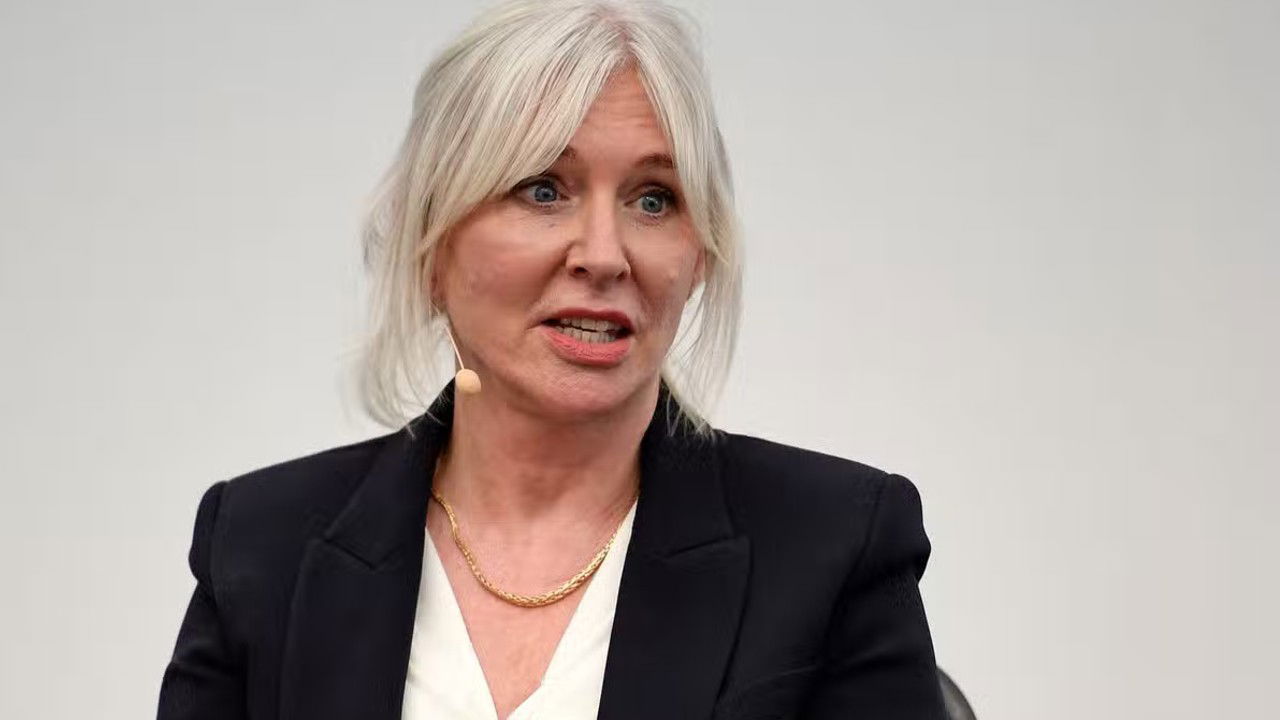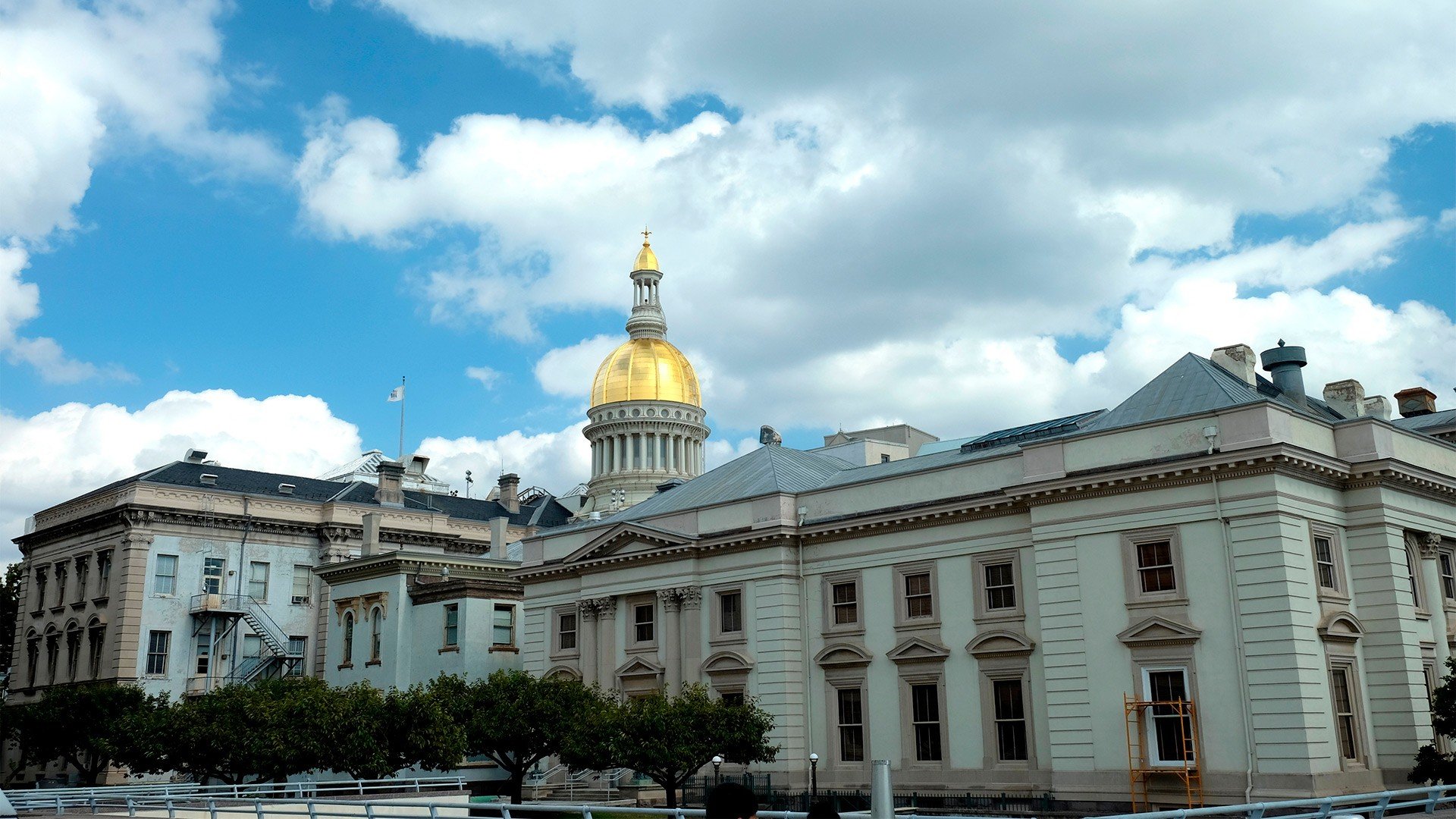UK not to introduce ban on loot boxes in video games despite "gamblification" concerns

Despite the fact that a government consultation found evidence of a “consistent” association between its features and problem gambling, loot boxes in video games will not be banned in the UK.
Loot boxes, a feature popular in games such as Call of Duty and the FIFA football series, have long been compared to gambling because they allow players to spend money to unlock in-game rewards -such as special characters, weapons, or outfits- without knowing what they will get.
Loot boxes were banned in Belgium in 2018, and have long been in the sight of the UK Gambling Commission, which has warned about the "gamblification" of products that currently aren’t covered by gambling legislation.
But the UK's Culture Minister, Nadine Dorries, has now stated the UK would not follow suit. Instead, after a 22-month consultation, she said the government would discuss tougher “industry-led” protections with the UK gaming sector, drawing allegations from one expert that “foxes are guarding the hen house," The Guardian reported.
According to Dorries, legislating to impose a prohibition on loot boxes as part of an expected overhaul of the UK’s gambling laws could have "unintended consequences." If a ban was imposed on children’s accounts, then there could be more children using adults’ accounts to play, "thus having more limited parental oversight of their play and spending."
The government also concluded that, while there is a "consistent" association between loot boxes and problem gambling, it cannot be stated that there is a causative link, and considered it “premature” to take legislative action without first pursuing “enhanced industry-led measures to deliver protections for children and young people and all players."
An additional factor in the decision is that loot box rewards cannot legitimately be exchanged for real money, meaning players are not allowed to “cash out” as they might when gambling. However, the Gambling Commission has previously warned that third-party sites are allowing people to do so.
Example of loot boxes in popular game Overwatch
While the Department for Digital, Culture, Media and Sport (DCMS) stopped short of proposing legislation, Dorris stated that children and young people should not be able to purchase loot boxes without parental approval. She also said all players should have access to spending controls and transparent information to support their gaming.
Ministers are expected to pursue tougher curbs through talks with the UK video games industry, which will be done via a working group scheduled to deliver its first update in the first months of 2023.
“We expect games companies and platforms to improve protections for children, young people and adults, and for tangible results to begin to be seen in the near future. If that does not happen, we will not hesitate to consider legislative options, if we deem it necessary to protect children, young people and adults," the DCMS said.
The call for evidence on loot boxes was launched by the DCMS in 2020, and found that players who have purchased loot boxes may be more likely to experience gambling, mental health, financial and problem gaming-related harms. The risk may also be higher for children and young people.
It also found a need for better evidence to improve understanding of the positive and negative impacts of video games, for which the government will launch a video Games Research Framework.
Dr. Jo Twist OBE, Chief Executive Officer for the Association for UK Interactive Entertainment (Ukie), stated: “As a responsible industry, we have committed to exploring additional ways to support players and parents to build on our existing work developing and raising awareness of parental controls. We look forward to engaging closely with the government and other organizations in the working group and on the Video Games Research Framework."
This debate comes as the UK Government is set to issue a White Paper on the Gambling Act Review. Following UK Prime Minister Boris Johnson’s resignation this month, which came as a consequence of a decimated party that also saw the exit of Gambling Minister Chris Philp —now replaced by Damian Collins—, proposals to reform gambling laws have been once again postponed. This is the fourth time the amendment gets pushed back, and campaigners warn the delay could “cost lives."
The Guardian reports that advisers to the Prime Minister concluded that a White Paper, which was scheduled to be published this week, could not go ahead until a new leader of the Conservative party was elected to replace Johnson.

















































